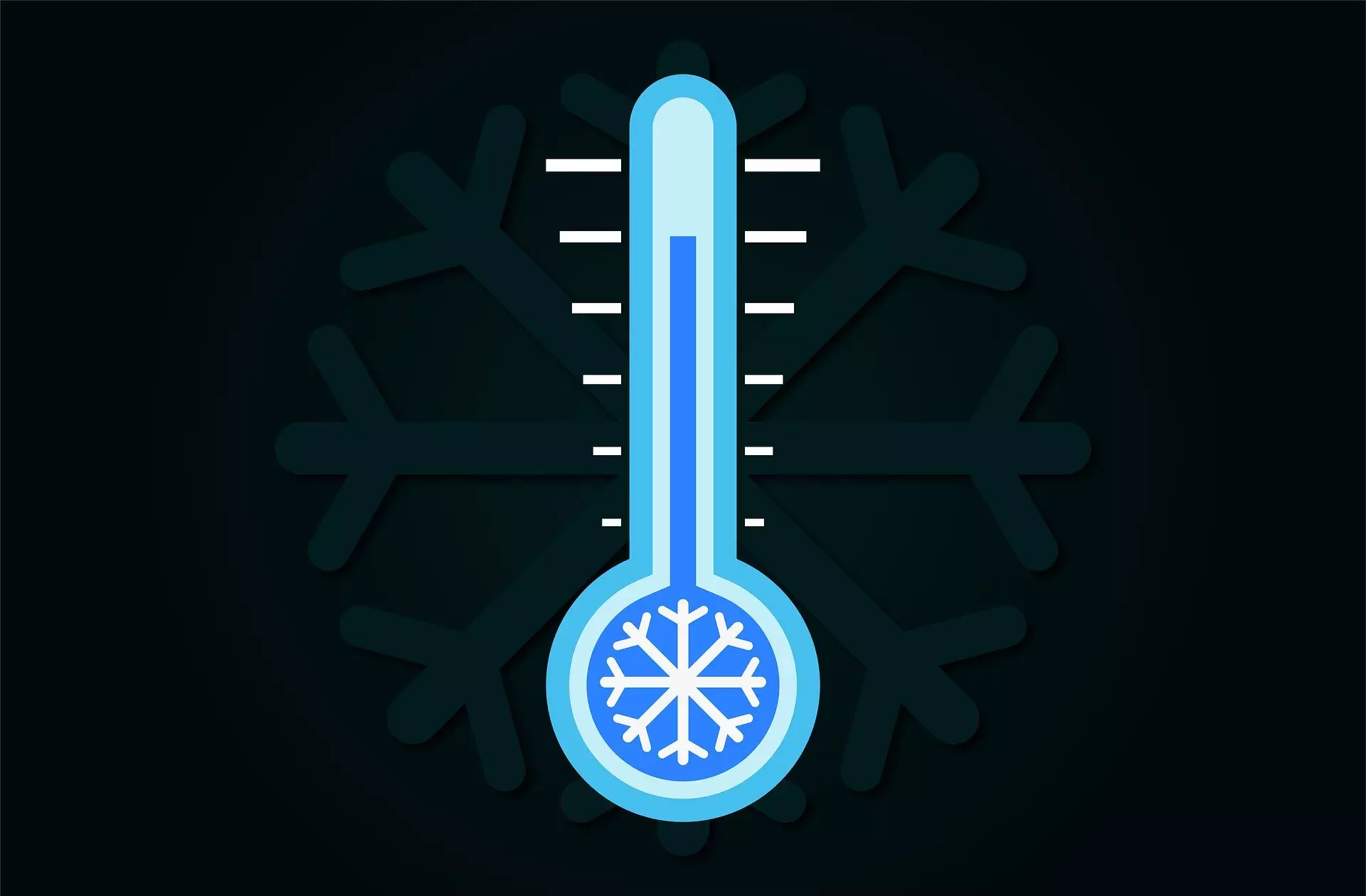One of the key findings of a recent study by researchers from the National University of Ireland Maynooth and the University of Maryland is the influence of childhood home temperature on the way adults set their thermostats. The study, published in the journal PLOS Climate, revealed that individuals who grew up in warmer homes are more likely to keep their current homes at higher temperatures, especially in cold-winter locales like New York. This sheds light on the psychological impact of childhood experiences on energy consumption behavior in adulthood.
Another crucial factor identified in the study is the significance of community connectedness in determining home temperature settings. Participants who reported a strong sense of belonging to their communities were more likely to align their thermostat settings with others in their vicinity. This highlights the social aspect of energy conservation, where individuals are influenced by the collective behavior of their community.
The researchers emphasize the importance of understanding the relationship between home temperature and community connectedness in devising effective energy conservation strategies. By acknowledging the impact of childhood experiences and social interactions on thermostat settings, policymakers can tailor campaigns that resonate with the unique identity and values of individual communities. This personalized approach is essential for encouraging behavioral changes that lead to reduced energy consumption and lower carbon emissions.
While the study provides valuable insights into the factors influencing home temperature preferences, it also points out potential limitations. Community connectedness may not always translate directly to energy savings, particularly in affluent communities where resource consumption patterns differ. To address these complexities, the researchers call for longitudinal studies that take into account household income and other contributing factors. By exploring the intersection of individual behavior, social dynamics, and environmental impact, future research can offer a more comprehensive understanding of energy conservation practices.
The study underscores the intricate relationship between childhood home temperature, community connectedness, and energy conservation behaviors. By recognizing these connections and tailoring interventions accordingly, policymakers can foster a culture of sustainability that addresses the challenges of climate change. Through continued research and collaborative efforts, we can pave the way towards a more energy-efficient and environmentally conscious society.


Leave a Reply